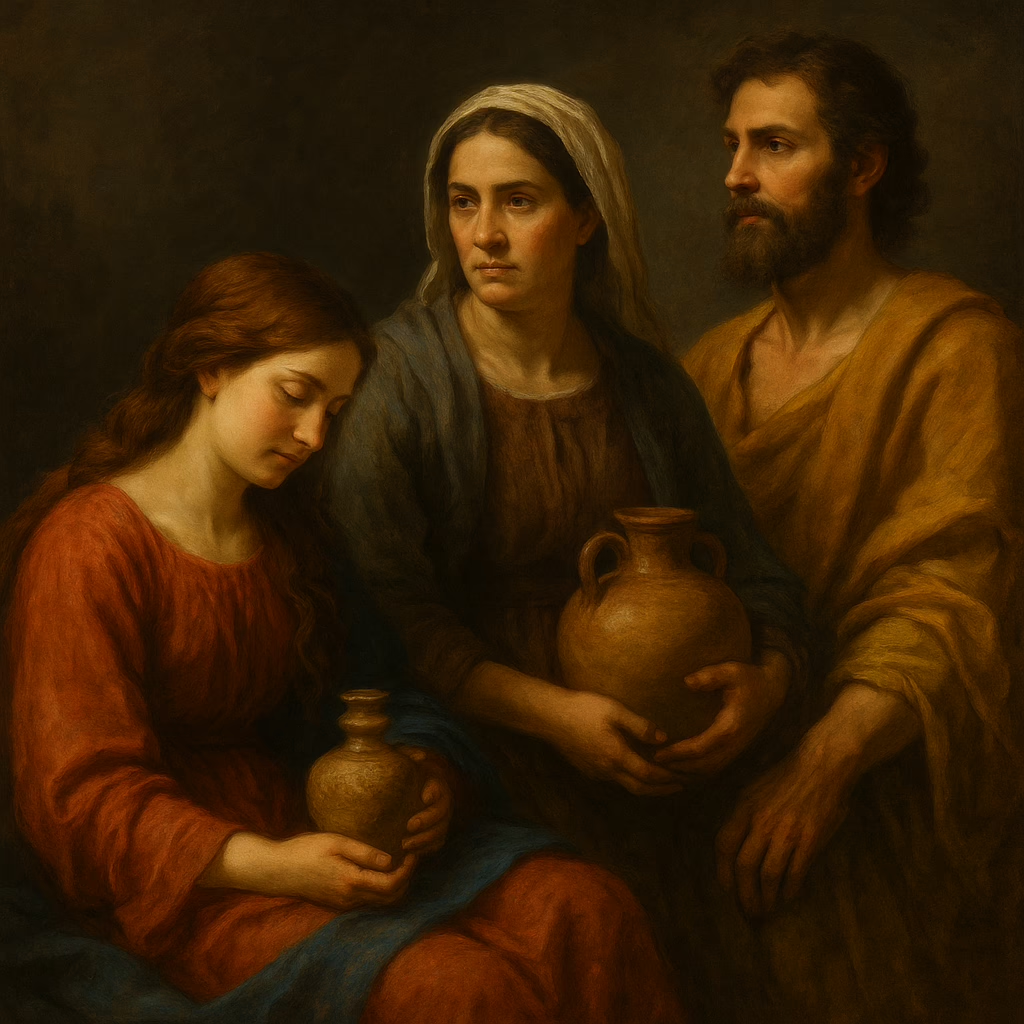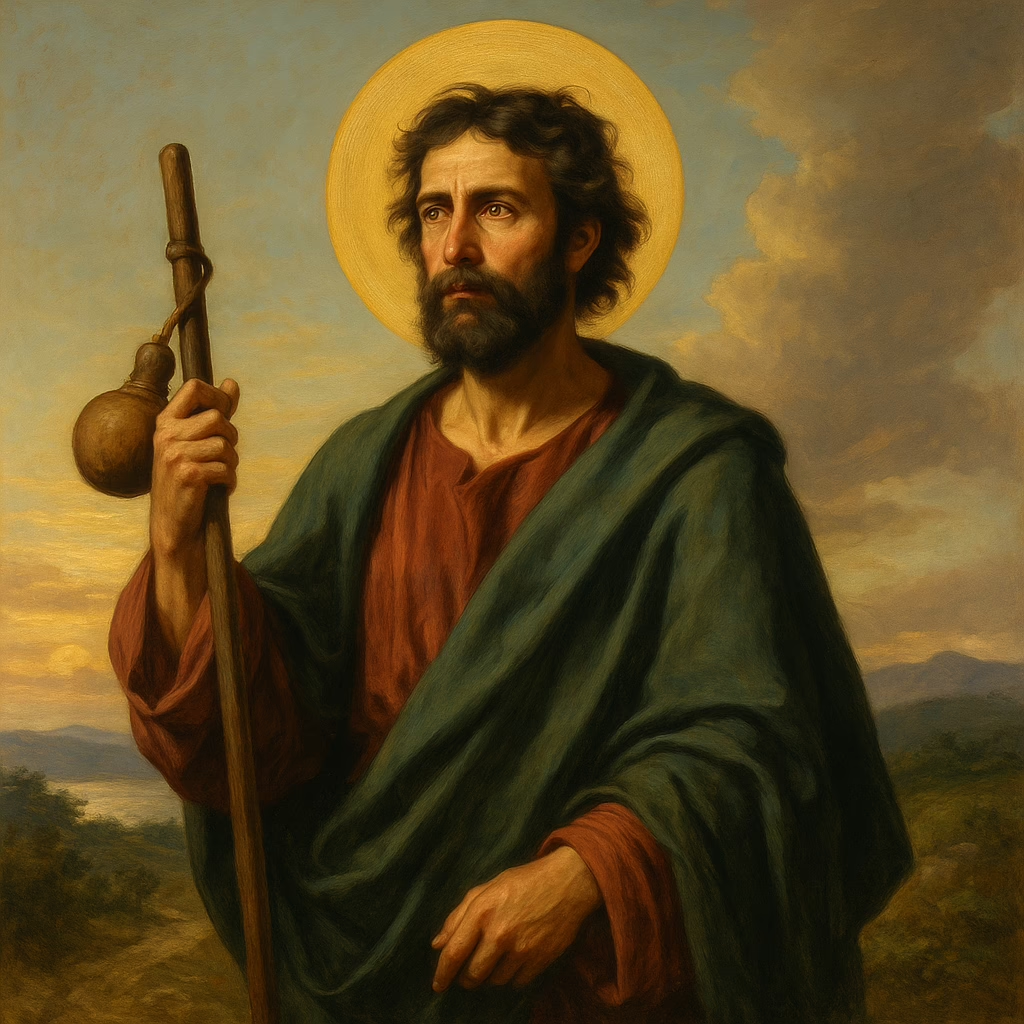The Legacy of St. Augustine of Hippo: A Journey of Faith
In the late 4th and early 5th centuries, in the vibrant city of Hippo in North Africa, a man emerged whose impact on the Catholic Church would be profound. This man was St. Augustine of Hippo.
Early Life and Conversion
St. Augustine was born in 354 to a pagan father and a devout Christian mother, Monica. Despite his intellectual prowess and pursuit of worldly pleasures, Augustine felt an inner emptiness that led him on a path of spiritual exploration.
After encountering the teachings of St. Ambrose of Milan, Augustine’s spiritual journey took a transformative turn. In 386, he was baptized and committed himself to a life dedicated to God’s will.
Life as a Bishop and Theologian
Following his conversion, Augustine returned to North Africa, where he was ordained as a priest and later consecrated as the bishop of Hippo in 395. In his role as bishop, Augustine vigorously defended the Christian faith against heresies.
One of Augustine’s enduring works, “Confessions,” provides profound insights into his spiritual journey, the nature of sin, and the human condition. His doctrine of original sin emphasized humanity’s need for redemption through God’s grace.
Legacy and Influence
St. Augustine’s writings and teachings have had a lasting impact on Christian theology and spirituality. From his profound reflections on grace and sin to his defense of the Church’s teachings, Augustine’s legacy continues to inspire Christians worldwide.
Augustine’s life serves as a testament to the transformative power of God’s grace. His journey from skeptic to believer resonates with those who seek truth and the love of God in their own lives.
Further Reading:
- St. Augustine of Hippo: The City of God
- Augustine of Hippo: A Biography (New Edition, with an Epilogue)
- Saint Augustine of Hippo: An Intellectual Biography
Explore these books on St. Augustine to deepen your understanding of his life and teachings.






Leave a Reply